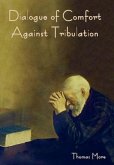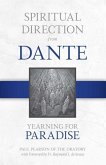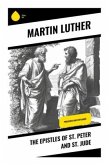In "Shakespeare," Samuel Taylor Coleridge presents a profound analysis of the Bard's work, offering readers a lens into the intricacies of Shakespeare's characters, themes, and the philosophical inquiries embedded in his plays. Coleridge's literary style is characterized by his reflective prose and Romantic sensibilities, showcasing his search for deeper meanings within Shakespeare's texts. As he explores the emotional and moral complexities of Shakespearean drama, Coleridge positions the plays within a broader literary context, articulating the nuances of human experience that resonate beyond the Elizabethan era. Samuel Taylor Coleridge, a pivotal figure in the Romantic movement and a contemporary of William Wordsworth, is well-known for his own poetic contributions and philosophical musings. His passion for literature and critical thinking arises from a rich intellectual background, infused with conversations and debates surrounding art, ethics, and the nature of creativity. This context informs his interpretations of Shakespeare, revealing his admiration for the playwright's ability to encapsulate the human condition and explore the relationship between art and morality. "Shakespeare" is an essential read for scholars, students, and lovers of literature alike, offering illuminating insights into the depths of Shakespeare's genius. Coleridge's fusion of poetic sensibility and critical analysis serves not only as an introduction to Shakespeare's work but also as an invitation to explore the timeless questions of existence that his plays evoke. This book stands as a testament to the enduring legacy of both the playwright and the critic, proving invaluable to anyone seeking to understand the art of drama.








